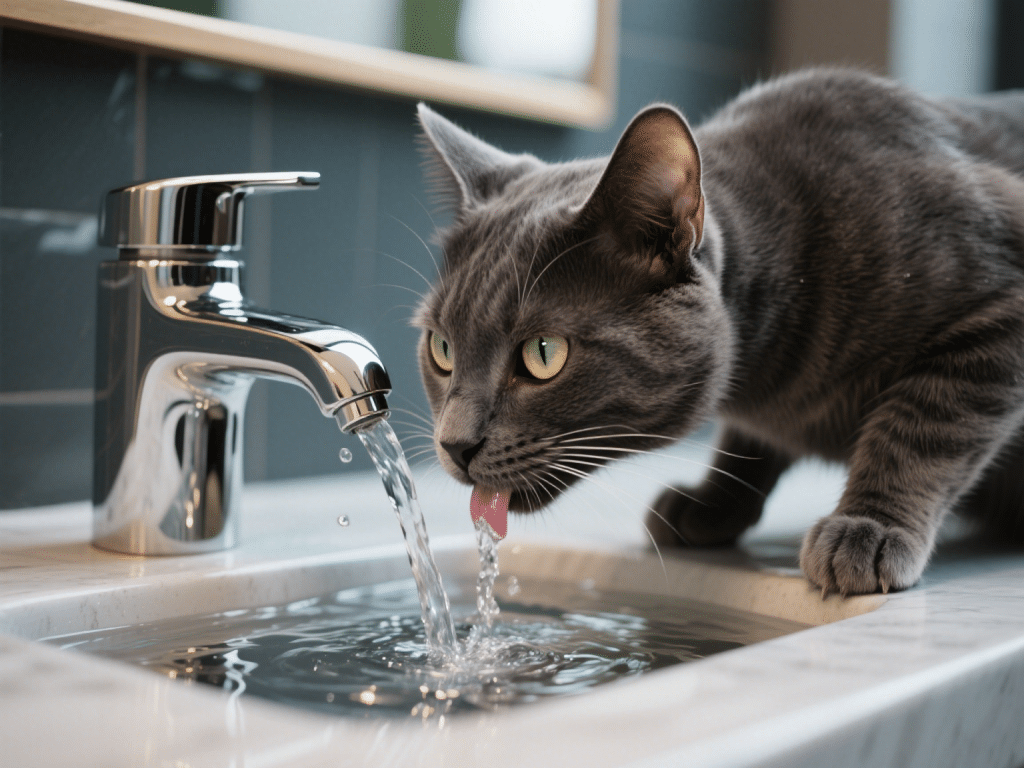
Hydration Matters: Encouraging Your Cat to Drink More Water
Proper hydration is critical for kidney health and urinary tract function in cats, who evo...
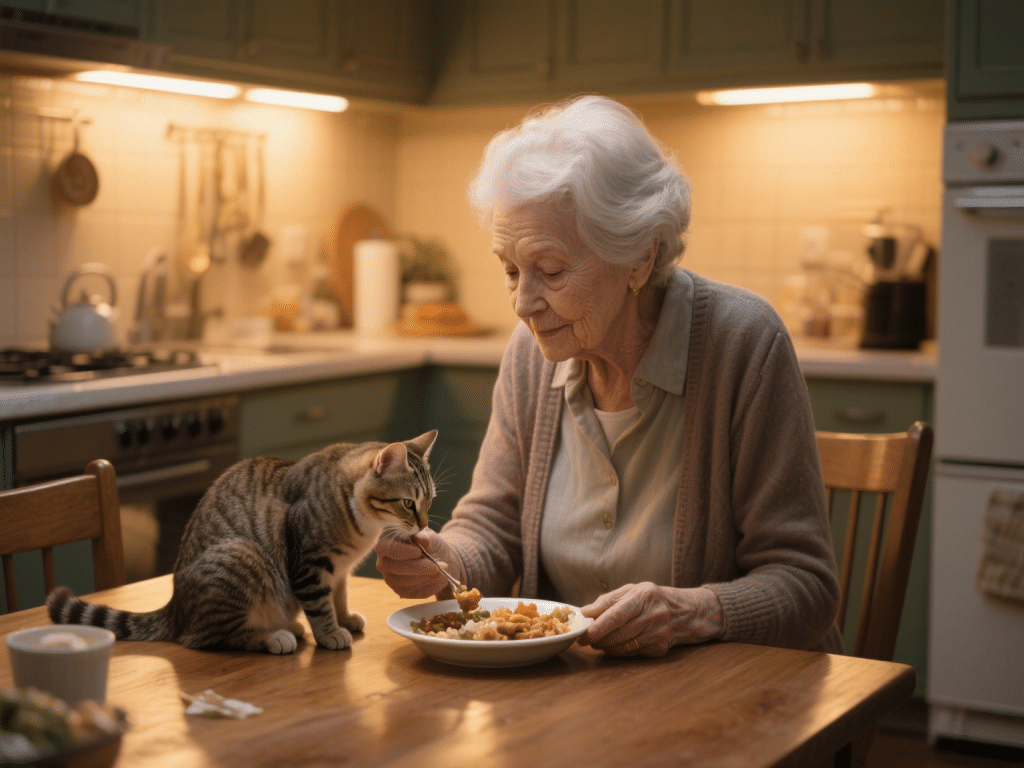
As cats enter their senior years—typically around age 7 and beyond—their nutritional requirements shift. Metabolism slows, kidney function may decline, and joint health becomes paramount. As a board-certified feline nutritionist and long-time senior cat caregiver, I’ve observed firsthand how tailored diets transform aging felines’ quality of life. This guide outlines precise dietary strategies and food choices to sustain energy, preserve muscle, support organ health, and delight even the pickiest older cat.
Aging cats often show:
Reduced Appetite: Less interest in highly dry or cold foods.
Muscle Wasting: Sarcopenia leads to decreased strength.
Organ Changes: Kidney, liver, and heart health require dietary consideration.
Dental Issues: Tooth loss or pain affects eating ability.
Begin with a veterinary exam to evaluate weight, body condition, bloodwork (renal panel, thyroid levels), and dental health—guiding precise dietary adjustments.
Contrary to light formulas, senior cats need high-quality protein to maintain muscle mass:
Protein Content: Aim for ≥40% on a dry matter basis—preferably from animal sources (chicken, turkey, fish).
Moderate Fat: Provide energy and support coat health, but avoid excess that could contribute to obesity.
Calorie Control: Monitor weight monthly—adjust portion sizes to maintain ideal body condition.
Chronic kidney disease (CKD) affects many seniors:
Lower Phosphorus: Diets with reduced phosphorus slow CKD progression.
Controlled Protein: High-quality, easily digestible proteins minimize renal workload.
Enhanced Hydration: Emphasize wet diets (75–80% moisture) or supplement water via gravy toppers.
Arthritis is common in elderly cats:
Omega-3 Fatty Acids: Fish oil supplements help reduce joint inflammation.
Glucosamine & Chondroitin: Support cartilage health—choose vet-formulated supplements.
Antioxidants: Vitamins E and C combat oxidative stress associated with aging.
To prevent constipation and hairball buildup:
Moderate Fiber: Include psyllium or beet pulp for healthy transit.
Probiotics: Support gut flora balance, reducing diarrhea or constipation episodes.
Senior cats may reject cold or dry kibble:
Warm Meals: Microwave wet food briefly (lukewarm) to enhance aroma.
Soft Textures: Offer pate or gravy-style foods for easy chewing.
Frequent Small Meals: Four to six meals daily cater to decreased appetite and energy levels.
Switch slowly over 10 days, mixing increasing proportions of new food to prevent digestive upset. Monitor stool quality and appetite—pause progression if any adverse reactions occur.
Thoughtful dietary adjustments—focused on high-quality protein, renal support, joint-friendly nutrients, and hydration—can profoundly impact senior cats’ comfort, mobility, and longevity. With regular veterinary monitoring and tailored nutrition, you’ll help your aging companion savor golden years with vitality, ease, and affectionate purrs.

Proper hydration is critical for kidney health and urinary tract function in cats, who evo...
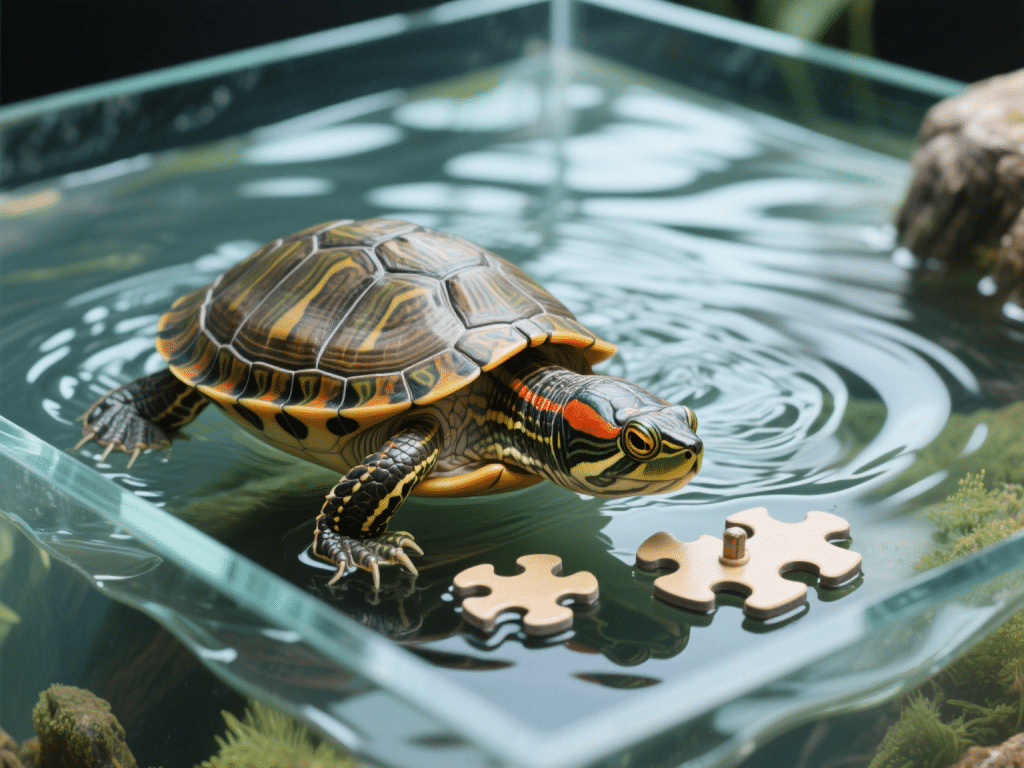
Far from being simple pond ornaments, freshwater turtles possess surprising intelligence, ...
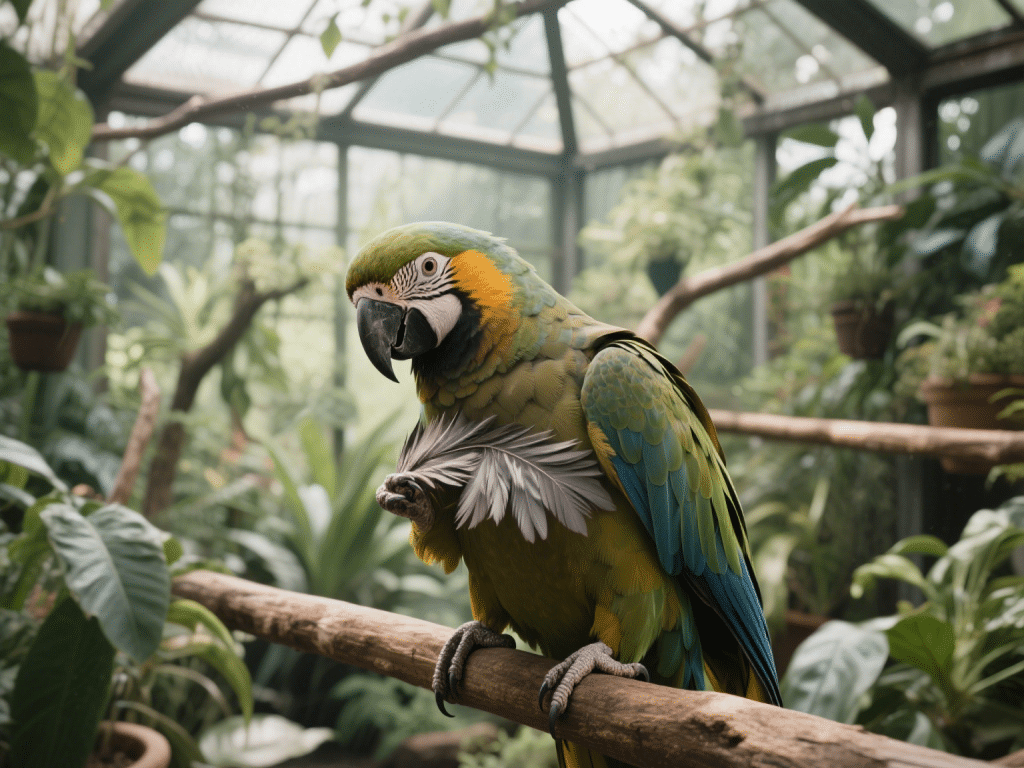
Feather plucking in parrots is a complex, multifactorial behavior affecting up to 20% of c...
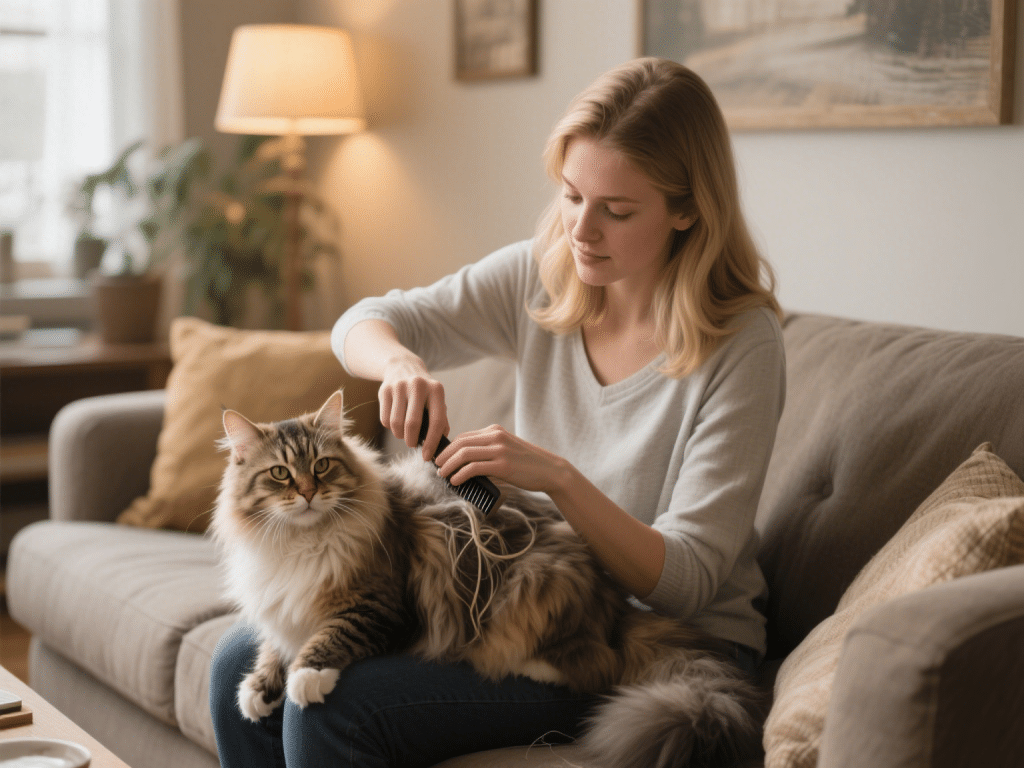
Long-haired and semi-long-haired cats enchant us with flowing coats—but mats and tangles...
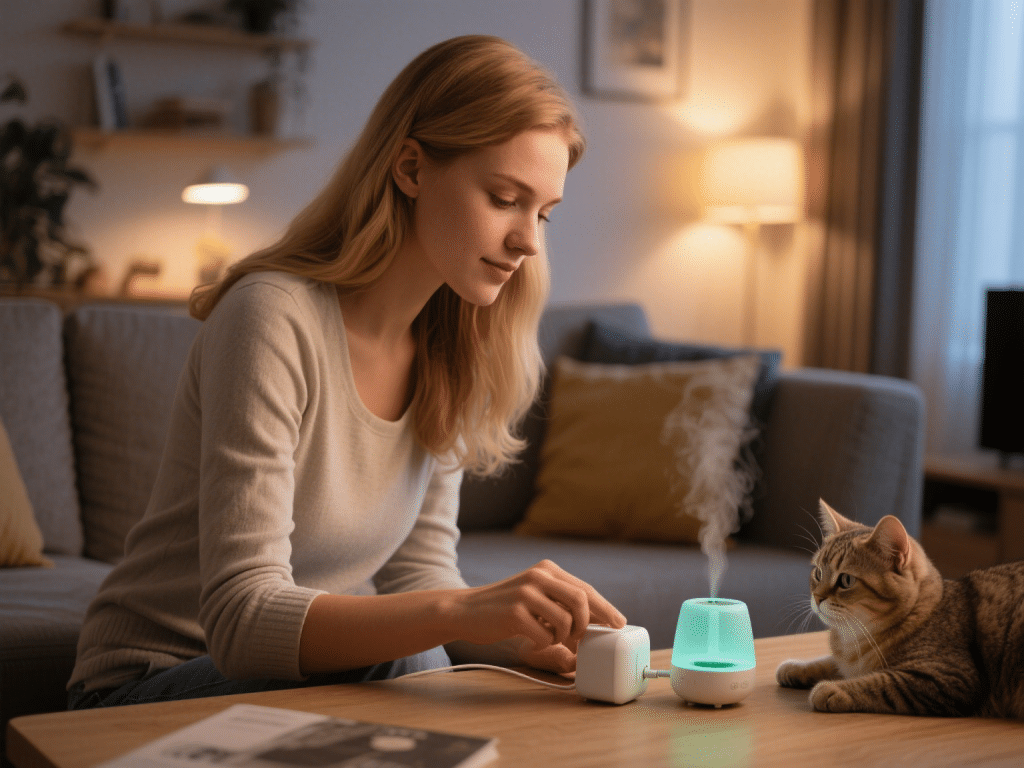
Good dental hygiene is vital for your dog’s overall health — and it doesn’t have to ...
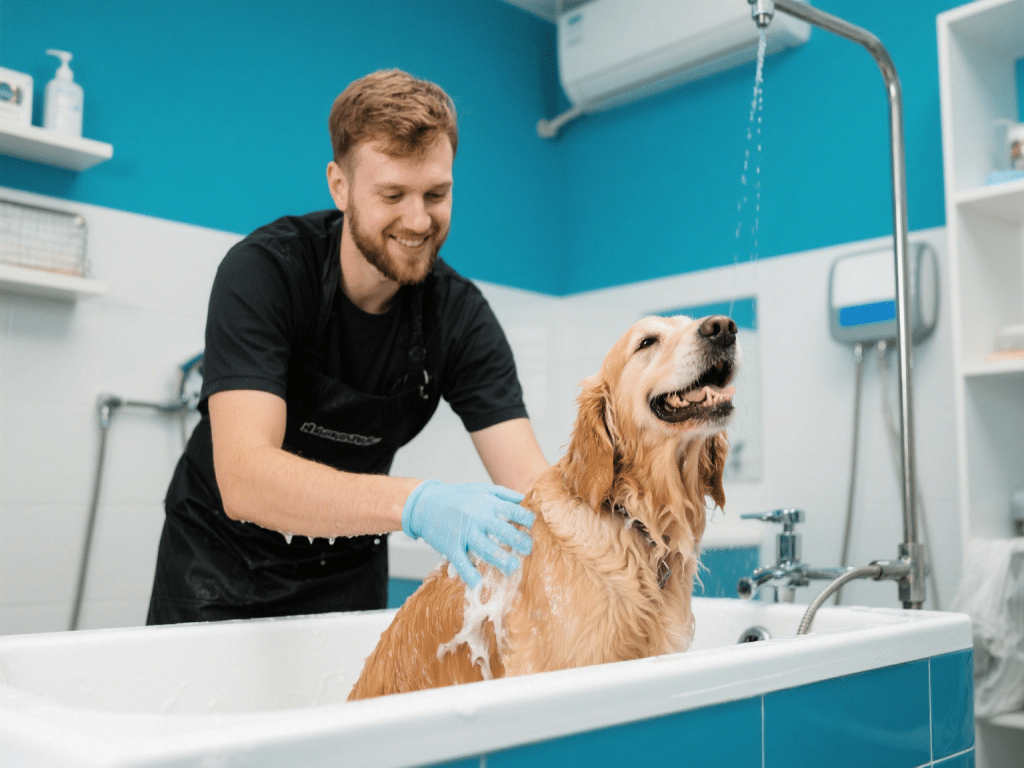
IntroductionChoosing the right shampoo is essential for maintaining your pet’s skin and ...
Comments on "Senior Cat Nutrition: Diet Tips to Keep Your Aging Cat Healthy" :